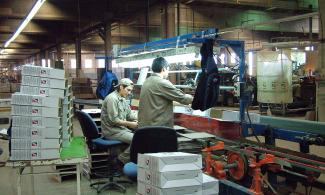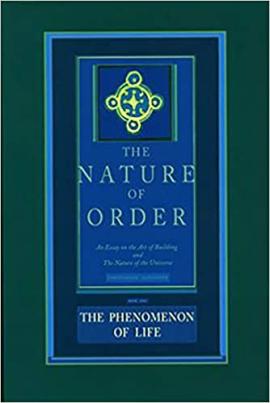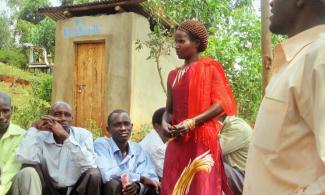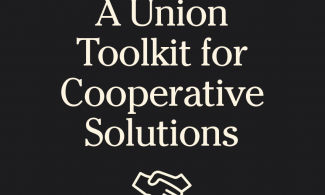Commoning and Changemaking
If serious change within conventional politics seems futile, it is not just because capitalism has captured and corrupted our democratic processes. State bureaucracies and transnational markets (even if competitive) are often incapable of addressing many problems. They are too large, powerful, and remote. Too complex and legalistic. Too eager to shift responsibility and risk. Too beholden to institutional interests. It is no wonder that the System is failing to address many urgent needs— and why social cynicism and distrust are rampant.




